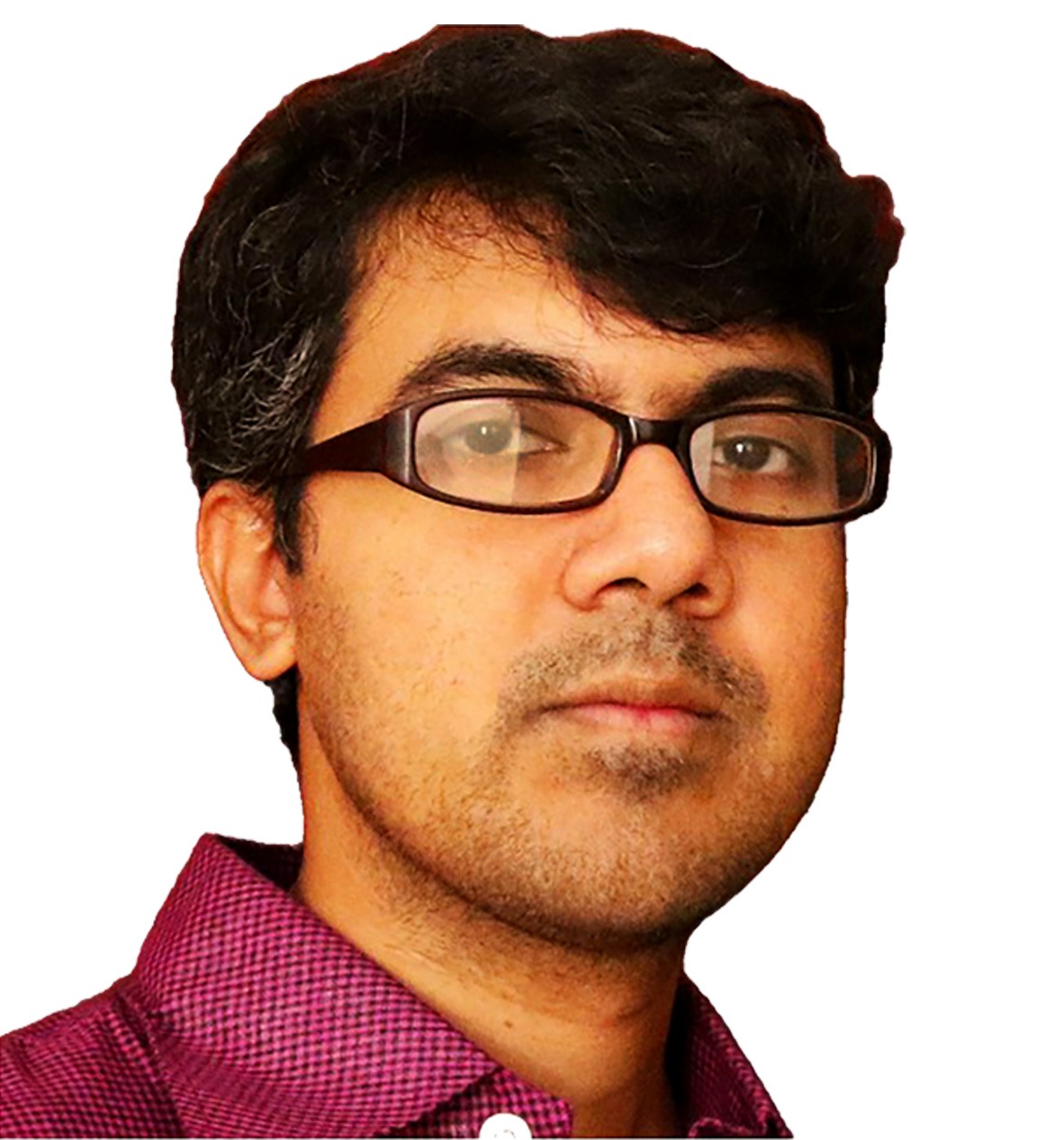
Awbuck Qandoe
New Delhi, December 3, 2020: This December 3 marks the 36th year of the Bhopal gas tragedy. The date reminds us of much more than the massacre of thousands of people due to a poisonous gas leak at Union Carbide’s pesticide factory.
The day December 3 reminds us of the unimaginable clout that Western multinational companies have in Asian countries – a case in point is the audacity with which Union Carbide’s then CEO Warren Anderson was whisked away to the safety of the US.
The day December 3 reminds us of the humiliation that strategically targeted nations such as India have to go through as well-protected MNCs or transnational corporations (as they are called in the Wild, Wild West) swarm in and expand their footprint.
What happened in the middle of the night on December 2-3, 1984 should have ideally witnessed India crack the whip and boot dodgy MNCs out – citing Union Carbide’s shameless self-defence on being held responsible for the criminal deaths of thousands of people.
But the world is not a place where what ought to be happens.
It’s the other way round.
The world is a playground of corporate perversion – where audacious corporate misadventures go unpunished and get surpassed by more audacious corporate misadventures.
All that happens under the fanciful garb of ‘globalisation’ and ‘development’.
It’s a global village, we are told. We must accept it and celebrate it. It’s doesn’t matter if globalist corporates once in a while have to choke the villagers of their wonderful global village to death.
The Bhopal gas tragedy happened in 1984. Seven years later, India was compelled by circumstances to throw open its gates to never-before-seen foreign corporate invasion under the guise of LPG – liberalisation, privatisation and globalisation.
Once the floodgates were opened, hundreds and hundreds of more profit-hungry foreign companies – of the credentials and breed of Union Carbide (now owned by Dow Chemical) – rushed in to set up shop on Indian soil. In the subsequent years, they would mint money and dispatch much of their fortunes to countries they come from.
India, as a result of this system, has been leaking financial wealth like a sieve. And all that looting of India’s finances picked up pace – incredibly – not before but after the Bhopal tragedy.
Many of these big corporations morphed and swelled into obscenely obese ‘empires’ sucking wealth out of the Global South.
In the years after December 3, 1984, countless Warren Andersons from halfway around the world smirked as they saw their profits soar from the extraordinary business success of their MNCs in India.
It’s difficult to say how many foreign companies operate on Indian soil right now. Some claim that it’s close to 5,000 or maybe more. But EmpireDiaries.com couldn’t independently verify the number.
In 2014, the Indian parliament was officially intimated that more than 3,200 foreign corporates were established in India at that time – and that disclosure came a good six years back.
‘VIRUS OF CORPORATISM’
Rights activist Medha Patkar has been battling for years to motivate the masses to stand up to corporate invasion that has been sweeping across industries in India.
This December 3, she dubbed the growing influence of foreign companies as well as giant domestic corporates as viruses that are bigger dangers than viruses that cause diseases – a timely reference to the concern surrounding the Covid-19 pandemic.
“Justice is still to be given on the Union Carbide case, even after so many years of what happened in Bhopal,” Patkar said as she attended an event in Indore to mourn the victims of the 1984 gas tragedy. “After it happened, Warren Anderson was helped on his way out as he fled India. Nothing happened over that affair. This simply shows the power and might of the corporates.”
Patkar, the architect of the Narmada Bachao Andolan (NBA), brought into context the ongoing farmers’ protest in India against deregulation in the agricultural sector. “The power of the corporates keeps growing with every passing day. Look at what’s happening with the new farm laws in India. Corporate powers such as the Adanis and the Ambanis are now targeting and entering the country’s farming industry. They are going to make the godowns for farm produce from now on. They will get away with it despite laws being in place against such practices. This is just not done,” she said. “This virus of corporatism is way more dangerous than the virus of disease.”
GLOBAL FOOTPRINT
The global numbers, too, are as bothersome as that of India when it comes to the rising tally of transnational companies.
A UN report released in 2006 had found that the number of MNCs in the world had skyrocketed from around 37,000 in the early 1990s to nearly 77,000. And that number is from 14 years ago.
A vast majority of these foreign corporate behemoths are headquartered in the US, Japan and western Europe – basically in the richest societies of the world. Just like Union Carbide was, and now Dow Chemical is.
The point here is that Union Carbide is only the tip of the iceberg. Warren Anderson is just one of many smooth-tongued CEOs in dark suits pulling the strings from the protective shadows corporatocracy.
On December 3, 1984, methyl isocyanate gas from the Union Carbide plant killed thousands of people in their sleep in Bhopal.
Every December 3 is a reminder to targeted countries such as India of the collective loot, the combined negligence and the sheer audacity of thousands of opportunistic foreign companies that leave an incalculable trail of disaster and misery.
Bhopal wasn’t a one-off catastrophe. The Global South is peppered with Bhopals we are losing count of.










It was nothing new. This had been shouted by millions of people since the last four decades. Large capital has always tried to diminish our inherent largeness of spirit. Now in a globalized world large capital will rule. We need people like Swami Vivekananda who can at least inspire these sharks to share something with those who don’t have food to eat and space to exist.
Please carry out your mission. Colonialism has not ended..It needs to be told to people over and over again.
Yes, very true. Thank you for sharing your observations.